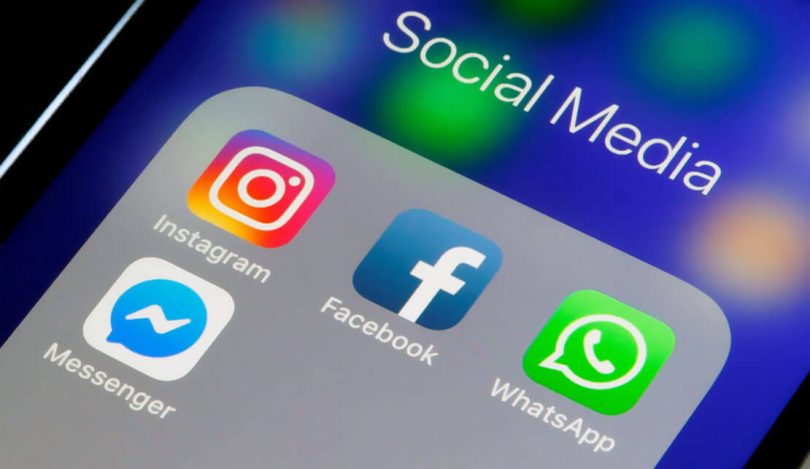The terrible terrorist attacks that have taken place on Christian churches and hotels in Sri Lanka this week are a wake-up call to anyone who thought that the military defeat of ISIS on the ground in Syria heralded the end of the global terror threat from that particular organisation. The recent terror attacks on the Muslim community in Christchurch, New Zealand, were another wake-up call to those who thought that only ISIS provided a threat of this nature. The truth is that the threat from terrorist attacks was present in many locations around the globe long before ISIS was created and will continue to exist even when that organisation has faded from memory.
A new and noteworthy feature of both the New Zealand and Sri Lanka attacks is the impact that they have had on social media in those countries. The Christchurch incident was, of course, notoriously live-streamed on Facebook by the attacker. This has led to condemnation of the company for its slow response by the government in New Zealand and the possibility of restrictions being placed on who can live stream on the platform.
The Colombo attacks led to the immediate suspension of all social media in Sri Lanka by the government, on the grounds that it could be used to spread panic, fake news and possibly incite further violence in the country. Facebook, WhatsApp, Snapchat and Instagram were all among the platforms that were suspended for more than 48 hours.
One impact of this suspension was to hinder families and friends in their search for information about loved ones who were missing. Another was to prevent companies who use social media to communicate with their employees during critical events from being able to contact them.
We have previously warned that relying on free tools such as WhatsApp for your corporate critical communications is a risky business. Even when these platforms are working they lack enterprise class security and administration. But if you are relying on a communication tool that is likely to be suspended by government in the wake of a major incident then you really are putting all your eggs in the wrong basket.
Some of the Colombo attacks were deliberately targeted at prestige hotels that accommodate business travellers, executives, entrepreneurs and airline staff amongst others. And many other companies would have employees working or travelling on business in such a major urban centre.
There are critical communications platforms on the market that do provide enterprise class security, administration and multi-channel communication that can guarantee the critical message gets through, even when one channel such as social media gets suspended. If you do not use them then you could be risking a loss of contact with your employees at a critical moment.
Shalen Sehgal
MD, Crises Control








